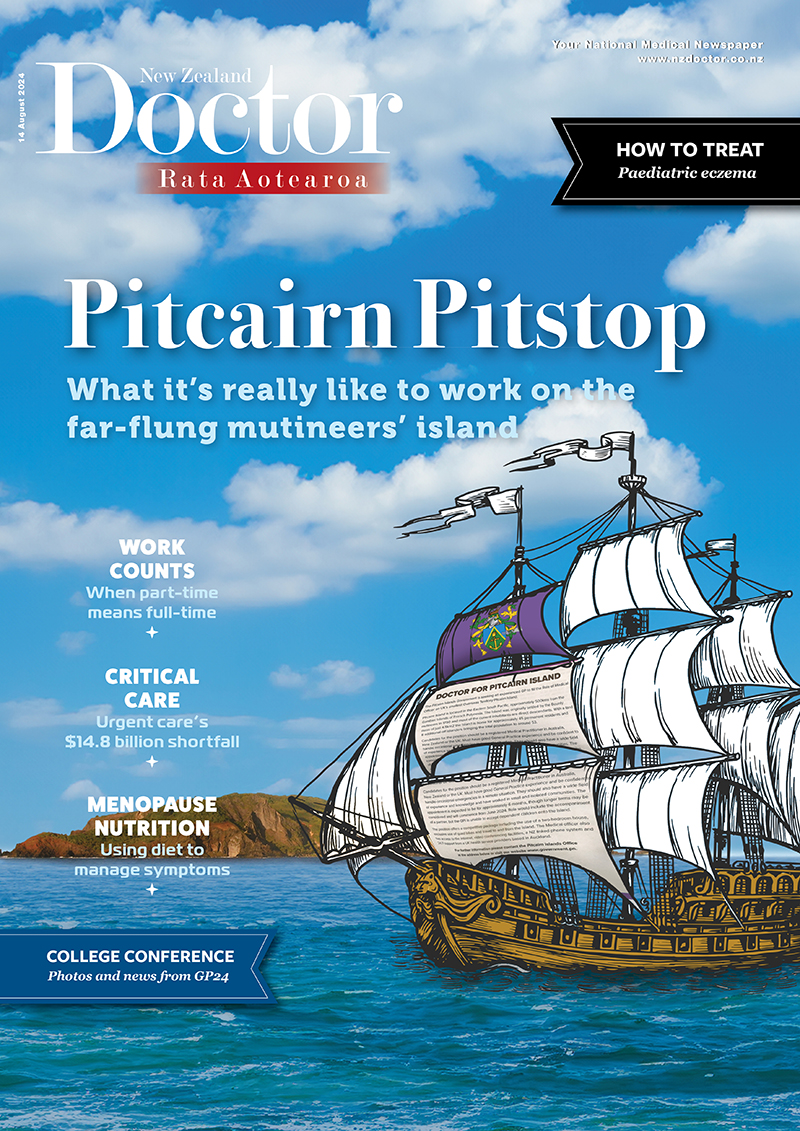Specialist GP Nikki Vadgama provides some tips to make your next paediatric eczema consult easier. She includes a review of new guidelines, resources, websites and medications for paediatric eczema management
Gabapentin effective for some patients with chronic neuropathic pain
Vault Navigation
Gabapentin effective for some patients with chronic neuropathic pain
How effective is gabapentin for chronic neuropathic pain in adults?
Gabapentin at doses of 1800–3600mg/day provided good levels of pain relief (at least 50% reduction over baseline) to some people with postherpetic neuralgia and peripheral diabetic neuropathy. Evidence for other types of neuropathic pain was very limited. In pain after shingles, 3 in 10 people had pain reduced by half or more with gabapentin and 2 in 10 with placebo. Pain was reduced by one-third or more for 5 in 10 with gabapentin and 3 in 10 with placebo. In pain caused by diabetes, 4 in 10 people had pain reduced by half or more with gabapentin and 2 in 10 with placebo. Pain was reduced by one-third or more for 5 in 10 with gabapentin and 4 in 10 with placebo. Over half of those treated with gabapentin did not have worthwhile pain relief but may have experienced adverse events.
Study duration was typically 4 to 12 weeks. It was not possible to know beforehand who would benefit and who would not.
Neuropathic pain is characterised by pain in the absence of a noxious stimulus, or where minor or moderate nociceptive stimuli evoke exaggerated levels of pain. Gabapentin is commonly used to treat neuropathic pain.
Wiffen PJ et al. Gabapentin for chronic neuropathic pain in adults. Cochrane Reviews, 2017, Issue 6. Art. No.: CD007938.DOI: 10.1002/14651858. CD007938.pub4. This review contains 37 studies involving 5914 participants.
Cochrane Systematic Reviews for primary care practitioners – developed by the Cochrane Primary Care Field, New Zealand Branch of the Australasian Cochrane Centre at the Department of General Practice and Primary Health Care, University of Auckland and funded by the Ministry of Health. Brian McAvoy is an honorary/adjunct professor of general practice at the Universities of Auckland, Melbourne, Monash and Queensland.New Zealanders can access the Cochrane Library free via nz.cochrane.org




